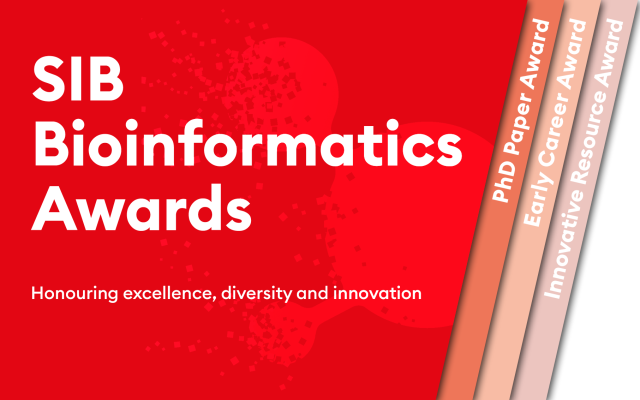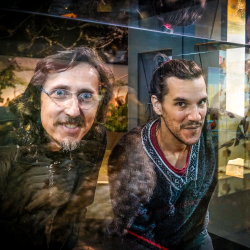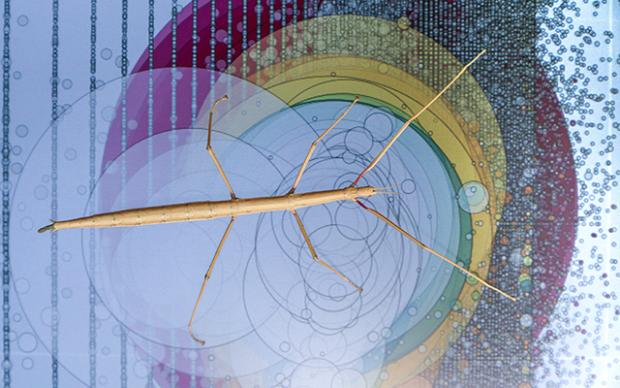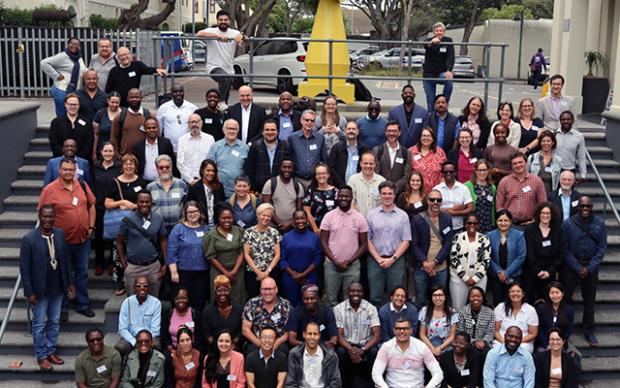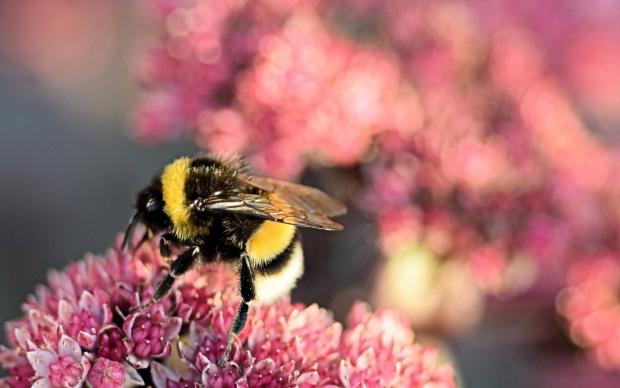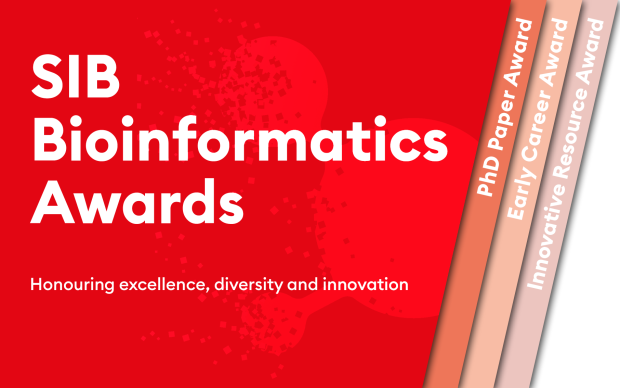Julien Roux – Laureate of the 2009 SIB Best Swiss Bioinformatics Graduate Paper Award
Julien Roux received the SIB Best Swiss Bioinformatics Graduate Paper Award in 2009 for his paper entitled “Developmental constraints on vertebrate genome evolution”. The paper was part of Julien’s doctoral studies in the team of SIB Group Leader Marc Robinson-Rechavi at the University of Lausanne.
After his postdoc at the University of Chicago in the lab of Yoav Gilad, Julien returned to Switzerland, and is still part of the SIB. He is now working at the Bioinformatics Core Facility of SIB Group Leader Robert Ivanek at the Department of Biomedicine (DBM) at the University of Basel. You can find out more about Julien’s work by visiting the DBM Bioinformatics core facility webpage or by following him (@_julien_roux) on Twitter.
About the SIB Bioinformatics Awards and our interview series “Meet the past SIB Awards Laureates”
Started in 2008 as an initiative to distinguish young bioinformaticians in Switzerland, the SIB Bioinformatics Awards have gone a long way since: from a single national award to three different prizes today, honouring 1) international early career bioinformaticians (SIB Early Career Bioinformatician Award), 2) excellency within the Swiss PhD community (SIB Best Swiss Bioinformatics Graduate Paper Award) and 3) innovative bioinformatics resources (SIB Bioinformatics Resource Innovation Award). Throughout the years, 21 awards have been presented, with nine laureates recognized for their outstanding early career, ten Graduate students for their excellent publication and two bioinformatics resources for their innovative aspect.
In 2019, the SIB Bioinformatics Awards will be presented for the 10th time, providing a great occasion to reach out to past laureates and ask them where they are now in their career: this interview is part of a series inviting you to meet past SIB Bioinformatics Awards laureates.
At which point of your career were you when you received the SIB Award? How did it feel? What was the key interest of your research at this time point?
I received the award at the very beginning of my career for my first paper! It felt really thrilled and honoured to receive the award, and to be able to present these results at the [BC]2 conference.
In this paper, we looked at selective pressure acting on the evolution of vertebrate genes depending on their timing of expression across development. We were inspired by studies which had observed that the morphology of embryos of different vertebrate species resemble each other most at an intermediate developmental period called the “phylotypic” period, around the pharyngula stage. But in our study, we discovered that at the genomic level, the highest degree of conservation was seen earlier than the phylotypic stage, around gastrulation. Early-expressed genes are clearly evolutionary older, have lower rates of sequence evolution, have more phenotypic impact, and duplicate less. It makes intuitive sense that they are the most sensitive to evolutionary changes, because early embryonic development is crucial for an animal to survive and to be able to reproduce later. As Lewis Wolpert put it: "It is not birth, marriage or death, but gastrulation which is truly the most important time in your life."
At the time of the award, I was also working heavily on the data integration pipeline for the Bgee database, which is now an SIB resource. Integrating data into Bgee gave me a fantastic resource for most of my PhD papers. Bgee has expanded a lot since then, but I’m quite proud that some parts of my pipeline are still used.
What are your current research interests?
At the DBM Bioinformatics Core Facility, we provide bioinformatics expertise for many DBM groups mainly regarding the analyses of high-throughput genomics experiments. People come to us with their research questions and projects from a wide range of research areas: immunology, oncology, neurobiology... It is very interesting, because you have to learn about a new topic for almost every project. What I also really like in this job, is that we are involved in the projects from very early on - before the data generation steps - which gives us the opportunity to discuss the design of the experiments and thus can help to orient the projects’ direction.
In your personal opinion, what is the single most fascinating discovery made possible by bioinformatics?
There are too many to list! I started my PhD when Illumina was still called Solexa, so seeing the expansion of high-throughput sequencing and all its applications (RNA-seq, ChIP-seq, single-cell sequencing) was and still is fascinating.
On a more personal level, although I cannot really speak of "discovery", I also find it always really fascinating when, after spending quite some time pre-processing a new dataset, you finally get to visualize your samples, for example on a PCA plot, and get to be the first to see if an experiment or an idea worked. These data analysis moments are really special!
What do you like to do in your free time?
Hiking and enjoying the Swiss mountains with my family.
Any words for the future generation of bioinformaticians?
Go open! Convince your PI to publish open access! But even before that, post preprints on bioRXiv and provide data and code allowing to reproduce your analyses: your results will be accessible earlier to the community and increase the impact of your research.


